What Is the Best Accounting Software for Small Business in 2025?
Choosing the right accounting software can make or break your small business’s financial health. With so many options out there, it’s natural to ask: What is the best accounting software for small business today? In this article, we’ll explore the top accounting tools available in 2025, compare their features, and help you decide which one is right for your needs—whether you’re a freelancer, retailer, service provider, or growing startup.
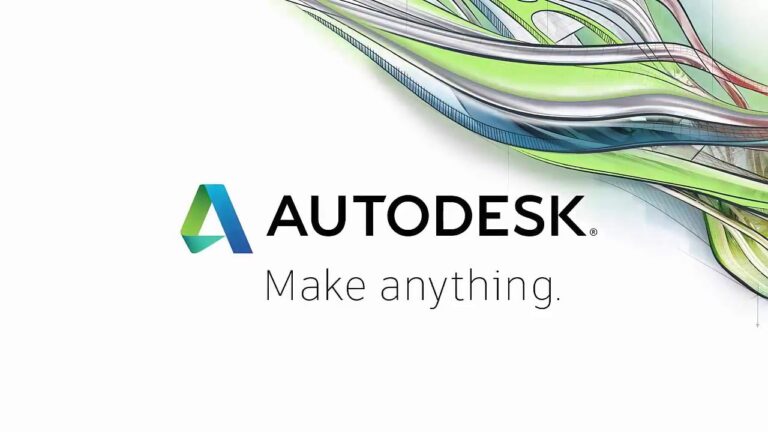
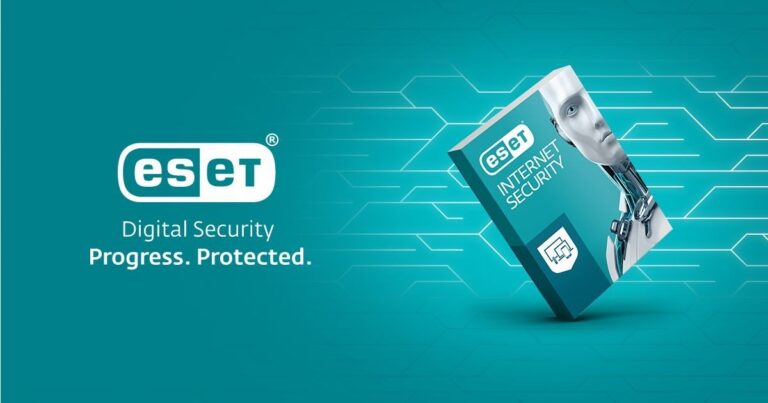
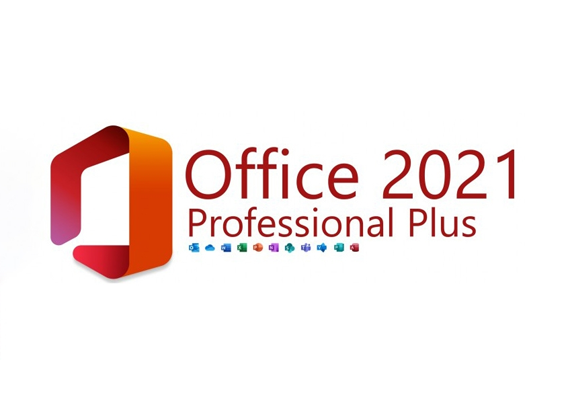
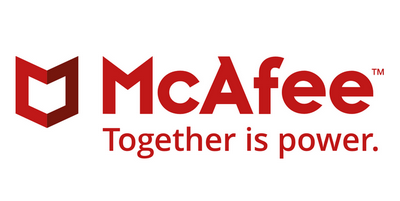
Why Accounting Software Matters for Small Businesses
Using the right accounting software helps you:
✅ Track income and expenses
💰 Manage invoices and payments
📊 Generate financial reports
🧾 Prepare for taxes
📥 Connect with your bank
🤝 Collaborate with your accountant
Manual accounting can be time-consuming and error-prone. That’s why thousands of small business owners rely on software to automate and simplify their finances.
Top 5 Accounting Software Options for Small Businesses in 2025
Here’s a look at the best accounting software for small businesses, based on ease of use, features, pricing, and scalability.
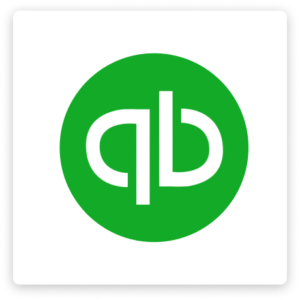
Why it’s great:
QuickBooks Online by Intuit is the most popular choice for small businesses. It’s cloud-based, easy to use, and comes with all the features you need to run your business smoothly.
Key Features:
Invoicing & expense tracking
Payroll & tax tools
Inventory management
Integrates with 650+ apps
Mobile-friendly
💵 Pricing: Starts at $30/month
🌐 Best For: All types of small businesses
Xero – Best for Collaboration
Why it’s great:
Xero is a favorite among small businesses and accountants alike due to its sleek interface and real-time collaboration features.
Key Features:
Unlimited users on all plans
Easy bank reconciliation
Strong project tracking
Global currency support
💵 Pricing: Starts at $13/month
🌐 Best For: Businesses working with remote teams or multiple users
Why it’s great:
FreshBooks is designed with freelancers, consultants, and service-based businesses in mind. It focuses on time tracking, billing, and client management.
Key Features:
Time tracking
Professional invoicing
Expense capture via mobile
Great customer support
💵 Pricing: Starts at $17/month
🌐 Best For: Freelancers, consultants, and solo entrepreneurs
Zoho Books – Best Budget Option
Why it’s great:
Zoho Books offers powerful features at a very affordable price, making it a great value for startups and small businesses.
Key Features:
GST and VAT compliance
Client portal for communication
Strong mobile app
Workflow automation
💵 Pricing: Free for businesses with revenue under $50k/year
🌐 Best For: Budget-conscious small businesses
Wave Accounting – Best Free Software
Why it’s great:
Wave is perfect for small businesses or solopreneurs looking for completely free accounting software.
Key Features:
Unlimited invoices & transactions
Bank connections
Basic financial reports
Optional paid payroll and payments
💵 Pricing: Free (core features)
🌐 Best For: Very small businesses or side hustles
How to Choose the Right Accounting Software for Your Business
When choosing the best accounting software for small business, consider:
📌 Your Budget – Can you afford a monthly fee?
🧾 Your Business Type – Product-based vs. service-based
🔐 Security & Data Backup – Is your data safe in the cloud?
📈 Scalability – Can it grow with your business?
🤝 Support & Integrations – Does it work with other tools you use?
Final Thoughts: What Is the Best Accounting Software for Small Business?
So, what is the best accounting software for small business in 2025?
✅ For overall features and popularity, QuickBooks Online is the winner.
💡 For freelancers, FreshBooks is a top pick.
💰 For budget users, Wave or Zoho Books offer incredible value.
No matter your business size or industry, there’s an accounting tool out there that fits your needs.
👉 Ready to manage your finances like a pro?
